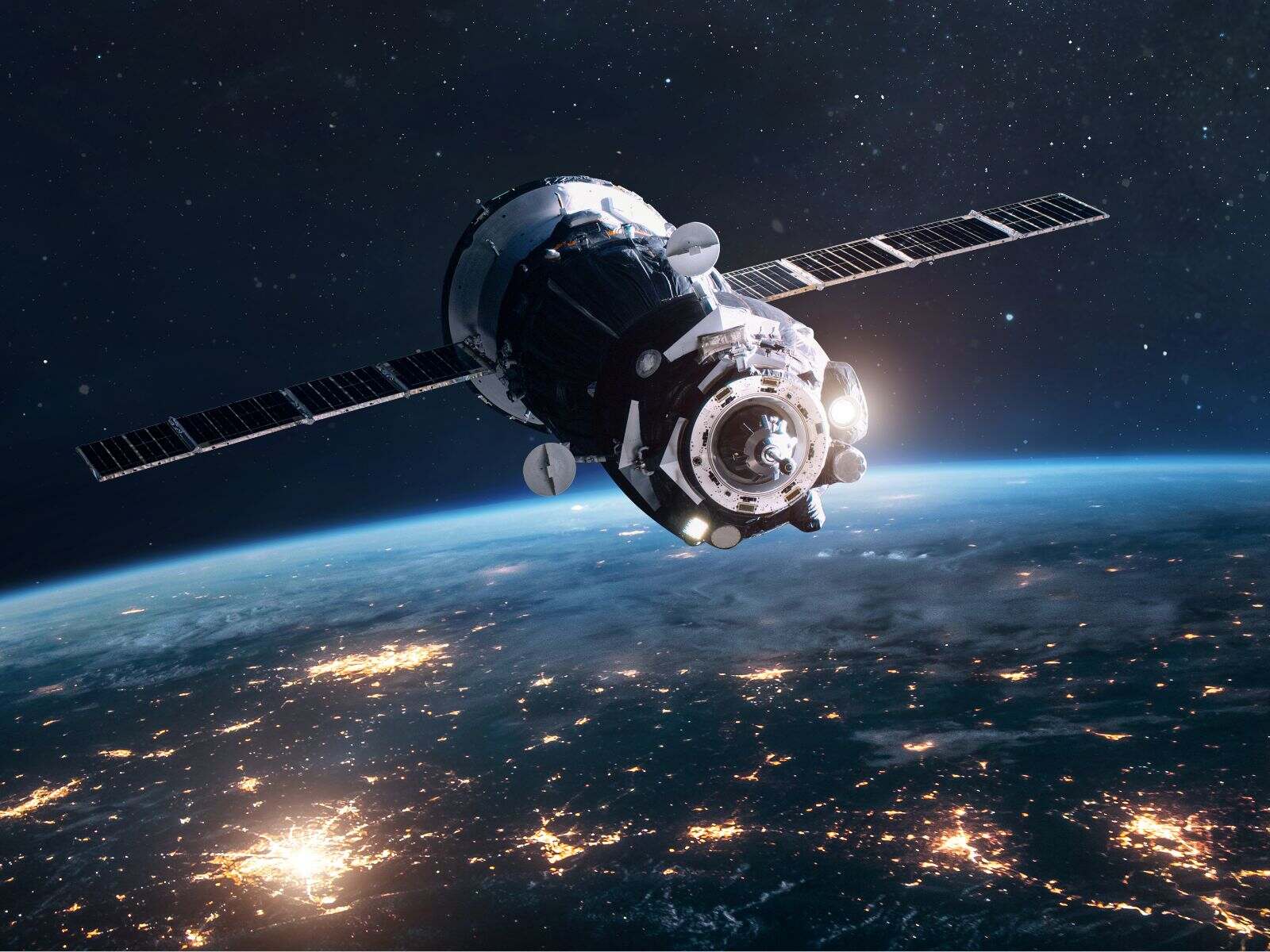

Hamza Hameed
Space & Connectivity


Hussein Abul-Enein
Public Sector
In an effort to showcase its focus on sustainable space exploration and utilisation, Saudi Arabia hosted the Space Debris Conference in Riyadh on 11-12 February 2024, illustrating its leadership role in advocating for a sustainable approach to space activities. Organised by the Saudi Space Agency (SSA) and co-hosted with the Communications, Space & Technology Commission (CST), the International Telecommunications Union (ITU), and the United Nations Office for Outer Space Affairs (UNOOSA) as partners, the conference brought together more than 100 experts from across the globe to deliberate on the pressing issue of space debris.
His Excellency Dr. Mohammed Al-Tamimi, CEO of the Saudi Space Agency, underscored the critical nature of the space debris dilemma, especially in light of the anticipated surge in satellite launches in the near future. This sentiment was echoed by Doreen Bogdan-Martin, Secretary General of ITU, who pointed out that with 91 countries now possessing satellites, the responsibility to maintain a safe and sustainable outer space environment is a collective one.
Aarti Holla-Maini, Director of UNOOSA, emphasised the pivotal role of behavioural norms, such as those advocated by the UN Space Debris Mitigation Guidelines, in driving sustainability efforts within the private sector. The discussions also highlighted the unique challenges faced by developing countries in the space sector, who not only had to navigate the existing debris which existed in orbit, but also needed to ensure that their exploration of space was conducted in a sustainable manner. Concerted efforts from all stakeholders were essential to ensure the long-term availability of the benefits provided by space application.
The private sector’s role was notably acknowledged, with emphasis on the need for accessible financing to support sustainable practices. Governments were urged to play a constructive role by incentivising space companies to adopt sustainable practices and to launch space objects with forethought given to deorbiting, collision avoidance, and sustainability. The conference showcased several private entities engaged in critical technologies such as in-orbit debris removal, space traffic management, space situational awareness, and in-orbit servicing, underlining their importance in the collective effort to mitigate space debris.
From Access Partnership, Hussein Abul-Enein, Head of Middle East, and Hamza Hameed, Senior Practice Manager for Space & Policy, contributed their insights to the discourse. Hamza participated in two panel discussions on “Future Regulation and Guidelines” and “Navigating the New Frontier: Advancements in Space Traffic Management”. He stressed the need for future regulations that encourage space sustainability, advocating for a collective sense of responsibility and forward-thinking approaches. Furthermore, he discussed the promising role of technologies like Space Situational Awareness (SSA) and Space Traffic Management (STM) in debris reduction, highlighting the potential of Artificial Intelligence (AI) and Machine Learning (ML) to expedite these processes.
The conference also spotlighted the evolving landscape of the space sector, which has seen a significant transition from being predominantly government-led to increasingly driven by private enterprises. This shift underscores the dynamic nature of space exploration and utilisation, where innovative private companies are now at the forefront of addressing complex challenges such as space debris. The private sector’s active participation and technological developments signal a significant turning point in space history. In addition to expanding the possibilities for space activity, this evolution highlights how important it is for the public and private sectors to work together to protect the sustainability and security of the shared space environment.
The Space Debris Conference in Riyadh not only positioned Saudi Arabia as a thought leader in space sustainability but also fostered a collaborative platform for global stakeholders to unite in mitigating space debris. It is a testament to the Kingdom’s commitment to pioneering sustainable practices in space exploration, ensuring the long-term viability of outer space activities for future generations.
For analysis and strategic advice around complying with, and designing space sustainability policy, please contact Hamza Hameed at [email protected]. For guidance and advice around Middle East regulatory strategy and growth within the Middle East market, please contact Hussein Abul-Enein at [email protected].






